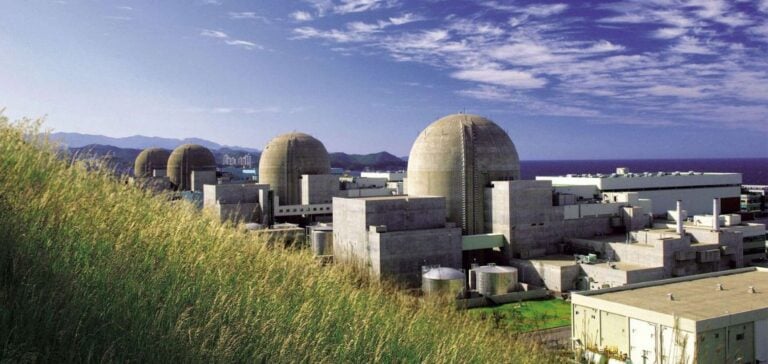Framatome congratulates Hanul 1 nuclear power plant and Duke Energy on their nuclear innovation awards. The winners were honored alongside other industry innovators at an event organized by the Nuclear Energy Institute (NEI).
Framatom technology used in the Hanul 1 power plant
On June 7, the NEI awarded a Top Innovative Practice Award to the Hanul 1 nuclear power plant. The latter is operated by Korea Hydro and Nuclear Power. The plant was praised for its use of Framatome’s bottom-up thermal sleeve replacement technology.
Wear and tear on these sleeves is indeed problematic. It can prevent mechanisms from inserting control rods into the reactor core.
A Vendor Award for Duke Energy
Framatome also presented Duke Energy with its Vendor Award. The latter has deployed an innovative system of ultrasonic testing tools. Its purpose: to inspect the deflector bolts on the trainer at the Oconee nuclear power plant.
Test awards for Framatome technologies
These awards enable Framatom to test its technology and demonstrate its effectiveness. These events also give the company a high profile. Frédéric Lelièvre, Senior Executive Vice President of Sales at Framatome said:
“Innovative replacement and test technologies are crucial. Not least to ensure that today’s reactors continue to provide reliable, carbon-free electricity. But also to meet national and global clean energy targets. “
With these prices, the company is the leader in the nuclear market. It also demonstrates the quality of its services and technology.






















